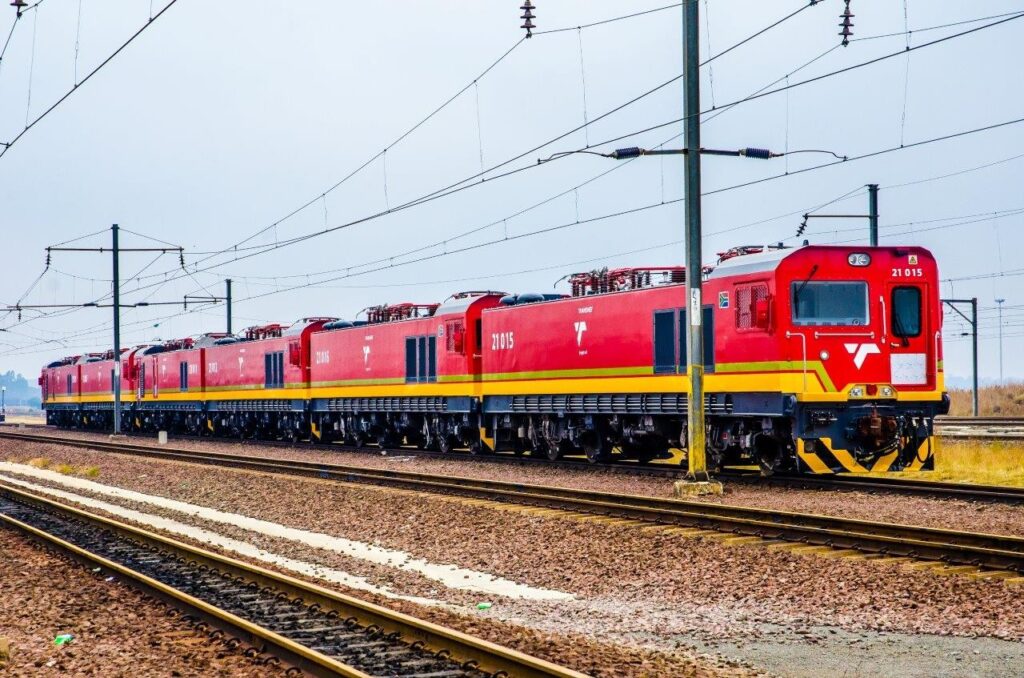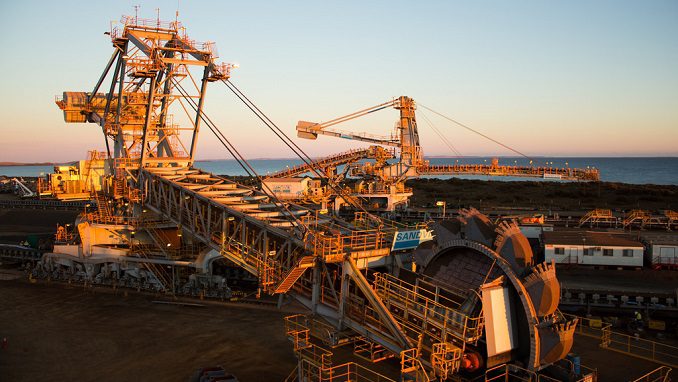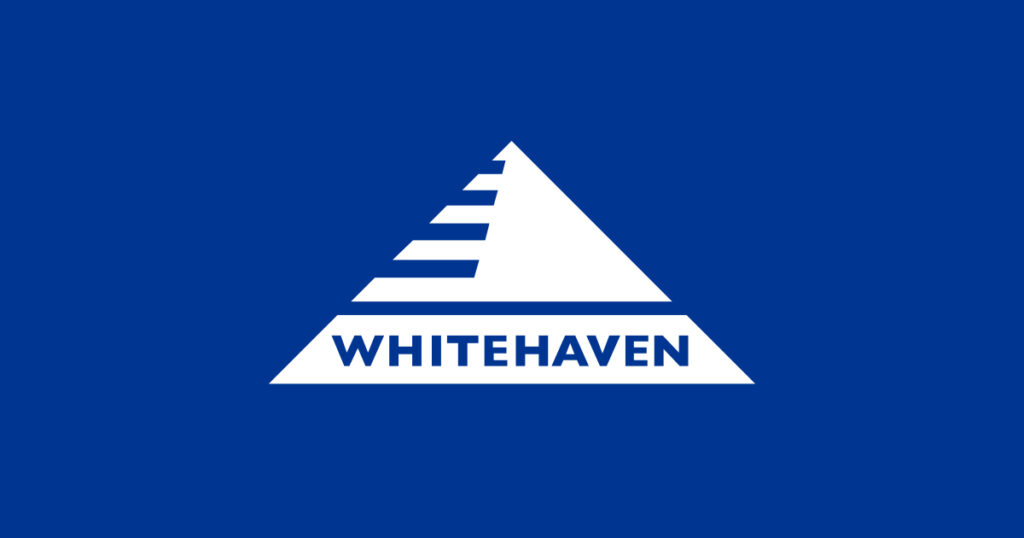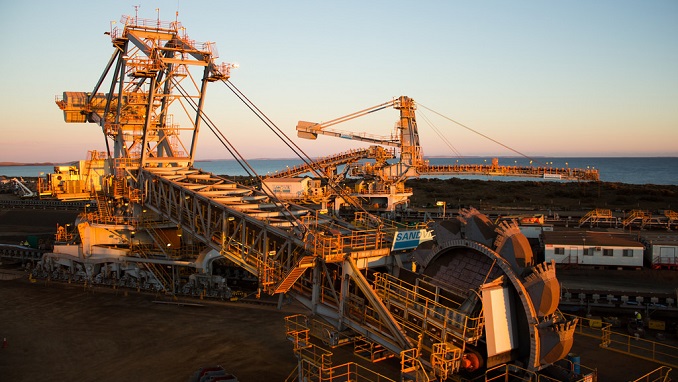The three-month-old mutual cooperation agreement that the private-sector-owned Richards Bay Coal Terminal (RBCT) signed with State rail enterprise Transnet in November is already boding well, RBCT chairperson Nosipho Damasane emphasised on Thursday. “Over the last few months, we’ve already experienced a very strong engagement platform,” Damasane highlighted at a media briefing covered by Mining Weekly.
Particiating in the briefing with Damasane and RBCT CEO Alan Waller were acting Transnet CEO Michelle Phillips and acting Transnet Freight Rail (TFR) CE Russell Baatjies.
“We’ve actually worked together in collaboration to improve this value chain,” Damasane added, describing the mutual cooperation agreement as allowing Transnet and RBCT to jointly explore opportunities for joint investments in assets and infrastructure to support South Africa’s coal industry in the north corridor.
It allows the public-private partnership (PPP) to collaborate on matters relating to the uplifting of performance. Between November 2023 and today, the initiative has enabled the PPP to procure locomotive spares in the form of batteries and compressors. The initiative is delivering a jointly managed project plan and looking at a joint Transnet-RBCT assessment for the corridor.
Within the period, TFR proved that it can consistently deliver coal volumes of more than a million tons a week. An initiative is already in place to renew from April improved 24-hour rail line security surveillance by RBCT, Rapid Rail Police and Transnet. Procurement processes are being speeded up and every effort is being made to maintain and enhance efficiencies and signalling. Working with Transnet has already reduced the export cycle time. Work is under way to cut this from 99 hours to 75 hours on certain aspects of the corridor and to decrease loading and offloading time.
“We now have visibility and involvement around what we can do together and how we can, as industry, also assist, because this is for the benefit of everyone.
“We’ve also looked at the improvement of the rolling stock and making sure that the inspections that are happening on the line are proper, the improvement of the overhead traction equipment in the system and, most importantly, we’re in the joint planning process with TFR.
“Our 30-trains-per-day process has already started working. There is very strong ambition coming from RBCT and very strong support coming from Transnet and we’re going to try to get the volumes back to their former glory,” Damasane told the many journalists covering the online event.
Their is a daily Interface between port control and planning and monthly Transnet National Port Authority interface meetings. TFR has monthly channel oversight meetings and channel logistics team meetings. RBCT offloads trains, manages stockpiles and loads vessels. Coal exported has fallen from a record 76.47-million tons in 2017 to 47.21-million tons, the lowest since 1992. More than 78% of last year’s coal exports were to Asia, with India buying 19.73-million tons.
Coal is received from 69 South Africa collieries. An impressive total of 3.21-milion tons was exported last year by junior miners, a category which is benefiting from a new volume incentive that has cut costs by 20%.
Theft of copper cable continues to be an area of huge concern and efforts are being made to replace copper cable with cable to take away the incentive to steal. Better locomotive availability and network reliability must be achieved for RBCT to be able to credibly live up to the ‘Coal to the World, Growth to the Nation’ slogan that it displayed to the media on its value chain slide.





